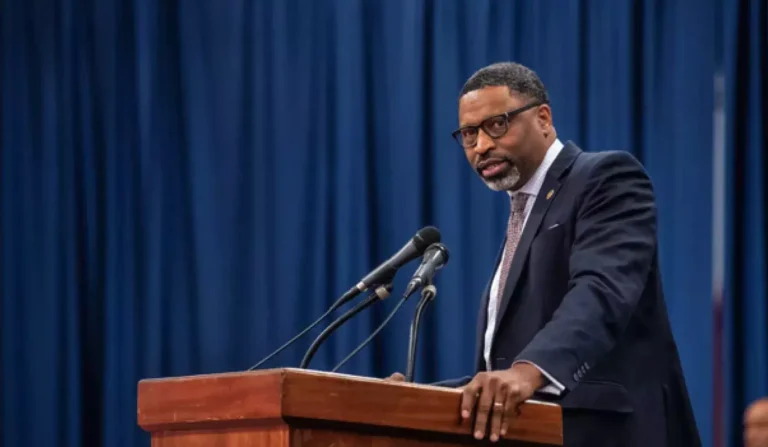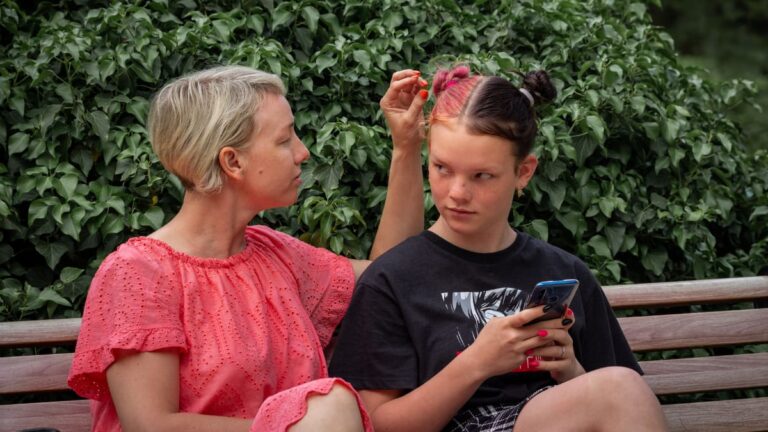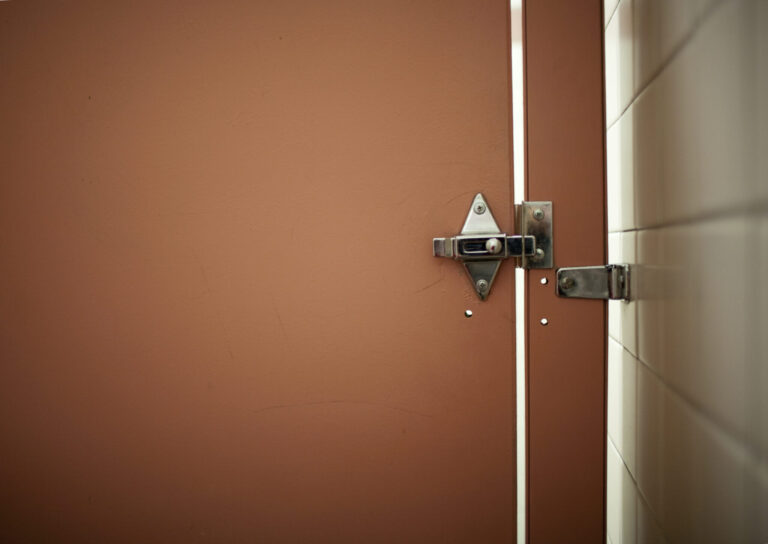Uniting Against Racism and Anti-Semitism: A Necessary Fight
United Against Bigotry: The Essential Fight
Racism and anti-Semitism—two intertwined beasts that have plagued humanity for eons—continue to rear their ugly heads in modern society. Much like a toxic weed, if we don’t address these issues collectively, they will invade the garden of our community, choking the life out of our values of tolerance, respect, and coexistence. So, how do we combat these issues effectively? By uniting against them. In this article, we’ll delve into the essence of not just recognizing these cancers but actively working together to eliminate them.
The Roots of Racism and Anti-Semitism
To understand how we can fight against racism and anti-Semitism, we first need to comprehend their origins. Both racism and anti-Semitism stem from ignorance, fear, and the need to assert superiority. History has shown us that these ideologies often arise from specific contexts—social, economic, or political unrest.
Just imagine you’re at a party where someone makes derogatory comments about a group. The tension in the room elevates. Suddenly, people are divided, retreating into their comfort zones. In this illustration, we see fear and misunderstanding breeding resentment. The same principle applies on a societal scale. When people fear what they don’t understand, they often choose to lash out rather than engage in understanding.
The Historical Context
The roots of racism and anti-Semitism have historical context. The enslavement of African peoples, the Holocaust, and countless other events serve as grim reminders of the depths of hatred mankind can descend into. But history also provides hope, showcasing those instances where solidarity emerged in the face of adversity.
Take the Civil Rights Movement, for example, where diverse groups united to fight against racial injustice. Or consider how many were involved in rescues during the Holocaust. These examples illustrate that while hate can bind communities in fear and division, unity can cultivate strength and resilience.
The Current Landscape
In our digital age, it’s incredibly easy for hate to spread like wildfire. Social media platforms can amplify voices of bigotry and misinformation at a staggering pace. Just scrolling through your feed, you can find instances of racism and anti-Semitism being normalized or trivialized. This reality has led to a significant rise in hate crimes, creating a cycle of violence that feeds on division.
So, what’s the world to do? Simply put, it’s time to rally together and confront these issues head-on. A house divided against itself cannot stand—Abraham Lincoln knew it, and so should we.
Why Unity is Key
You wouldn’t try to douse a raging fire with a garden hose, right? You need something more substantial. The same goes for the truly monumental fight against racism and anti-Semitism: it requires collective action.
Strength in Numbers
When different groups come together, there’s a shared power that multiplies our voices. Think about the Women’s March or Black Lives Matter; both movements drew on extensive coalitions, sending a strong message that injustice in any form affects all of us.
-
Mutual Understanding: Bringing differing communities to the table fosters engagement, dialogue, and deeper understanding among them.
-
Increased Awareness: When various perspectives unite, the issues are more visible, prompting wider discussions that can help challenge stereotypes and misconceptions.
-
Building Allies: Anti-racist and anti-bigotry alliances cultivate allies willing to stand up for one another against the tide of hate.
Practical Steps Towards Unity
Now that we understand the ‘why,’ let’s dig into the ‘how.’ Here’s a roadmap for effectively uniting against racism and anti-Semitism:
Education: The First Line of Defense
Education is one of the most empowering tools we have. When people understand the histories and experiences of different groups, it becomes harder to demonize them. Here are a few educational initiatives that can make a difference:
-
Workshops and Seminars: Organize events on the implications of racism and anti-Semitism, aimed at educating communities.
-
Inclusive Curriculum: Schools and universities should integrate an inclusive curriculum that highlights diverse histories, fostering empathy and understanding in young minds.
-
Community Storytelling: Encourage community members to share their stories, inviting others to listen and learn.
Encouraging Dialogue
Creating safe spaces for discussions can do wonders. Communication is key, and it’s essential to foster an environment where people feel free to express their feelings without judgment. Here’s how to facilitate this:
-
Host Forums: Bring groups together for open discussions about their experiences and thoughts on racism and anti-Semitism.
-
Active Listening: Promote active listening techniques where people truly engage instead of merely waiting for their turn to speak.
Mobilizing for Action
Feeling inspired is great, but putting words into action creates real change. Use collective power to challenge racist and anti-Semitic practices in your community and the world. Here’s a few ways to mobilize:
-
Organize Peaceful Protests: Show solidarity through peaceful gatherings that demand change.
-
Participate in Community Service: Engage in activities that uplift marginalized communities, emphasizing unity in purpose.
-
Support Local Anti-Racist Organizations: Get involved with or donate to organizations fighting against racism and anti-Semitism.
Social Media Engagement
With most people glued to their screens, social media can serve as an effective and powerful platform for awareness and action. Consider these tactics:
-
Raise Awareness: Use your platforms to share articles, stories, and content about the realities of racism and anti-Semitism.
-
Challenge Misinformation: Actively counter false narratives surrounding race and anti-Semitism, promoting fact-based local and global contexts.
Conclusion: Together, We Can Forge a Better Future
In the battle against racism and anti-Semitism, unity isn’t just beneficial—it’s crucial. By standing (and fighting) together, embracing our shared humanity, we unleash the compelling force that can uproot hate and nurture understanding. It takes courage to engage with uncomfortable conversations, but it’s essential to incite real change.
We can transform the societal landscape—where unity trumps division; where understanding prevails over ignorance; and where we can celebrate our differences rather than allowing them to separate us.
So, let’s roll up our sleeves, dive in, and do the work needed to cultivate a world where love and acceptance reign supreme. Together, we genuinely have the power to dismantle these age-old challenges.
FAQs
-
What is the difference between racism and anti-Semitism?
- Racism refers to prejudice or discrimination against people based on their race or ethnicity, while anti-Semitism specifically targets Jewish people.
-
How can I educate myself about these issues?
- You can read books, watch documentaries, attend workshops, and engage in conversations to better understand the experiences of those affected by racism and anti-Semitism.
-
What are some signs of anti-Semitism?
- Signs include derogatory stereotypes about Jews, denial of the Holocaust, and promoting conspiracy theories that blame Jewish groups for various societal issues.
-
How can I help if I witness acts of racism or anti-Semitism?
- Speak up against the behavior, offer support to the victims, and report the incidents to the relevant authorities.
-
Is it enough to not be racist?
- No. It’s not enough to just ‘not be racist’; one must actively engage in anti-racism by challenging societal structures and promoting equality for everyone.







